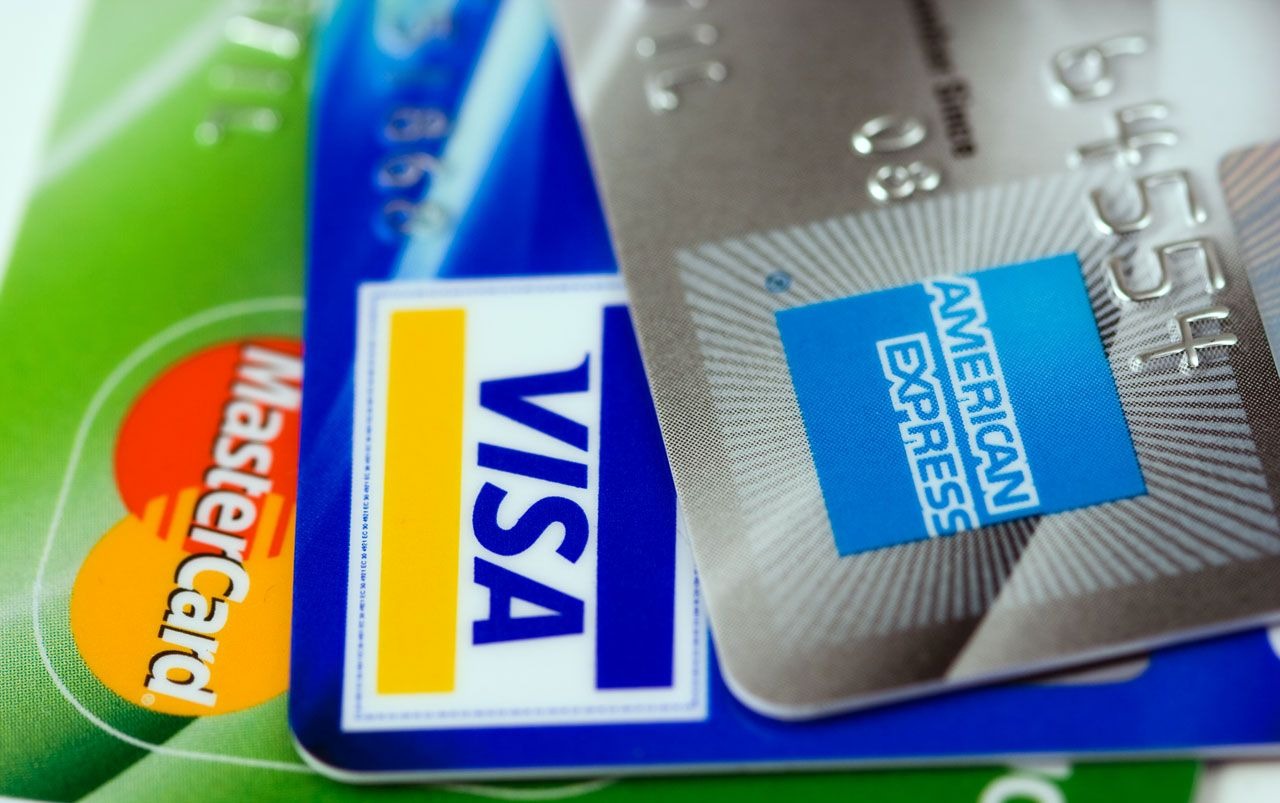
A federal judge has thrown out a Biden-era rule that capped credit card late fees at $ after the Trump-led Consumer Financial Protection Bureau changed sides and agreed with credit card companies that the rule was illegal.
Federal Judge Abolishes $8 Cap On Credit Card Lates Fees As Law Removing Bank Overdraft Fees Awaits Trump’s Signature
During the Biden administration, a concerted effort was made to crack down on so-called “junk fees” ranging from credit card late fees to hidden fees in airline tickets to hotel resort fees. One of those changes was capping credit card late fees at $8 (which applied to all credit card issuers with more than 1 million open accounts, subject to an exception for proving that its actual costs for late payments fees were higher. At the time, the typical late fee was $32.
But under the Trump administration, the US Consumer Financial Protection Bureau has taken a very different position, agreeing with opponents that the rule violated the Credit Card Accountability and Disclosure Act of 2009 because it ignored Congressional intent that high fees be permissible to deter late payments. It also argued that the rule penalized those who paid on time by forcing them the subsidize the cost of those who were financially irresponsible.
U.S. District Judge Mark Pittman, a Fort Worth, Texas-based judge appointed by President Trump, agreed and held that the rule violated the Credit Card Accountability and Disclosure Act of 2009, arguing it prohibited card issuers from charging fees “reasonable and proportional to violations.”
The Pros And Cons Of This Rule
The Gate, which alerted me to this story, argues, “Why should the issuer of a credit card be required to pay the costs of what essentially is loaning the money to delinquent and irresponsible holders of their credit card when merchants are paid on time? Even worse, why should responsible people like me who pay their bills in a timely manner pay the costs for many irresponsible people who do not take their debts seriously?”
Others have made the counterpoint that the late fees are different than interest…that interest can still be charged on late payments but the late fees themselves do not actually cost the bank or credit card issuer any money.
But the US Chamber of Commerce and other plaintiff groups praised the ruling, arguing, “If the CFPB’s rule had gone into effect, it would have resulted in more late payments, lower credit scores, higher interest rates and reduced credit access for those who need it most.”
Congress recently passed legislation to remove a $5 cap on bank overdraft fees, which President Trump is expected to sign as early as today, prompting incredulity from former US Transportation Secretary Pete Buttigieg:
Senator Tim Scott (R – SC), Chair of the Senate Banking Committee, argued the rule actually hurt the poor, “Your bank account goes beyond zero, you have to pay a fee, your bills are paid. Some people will say that people who live paycheck to paycheck use their overdraft option to pay their rent. So, when you start capping this fee structure, you start eliminating overdraft. You start eliminating the possibility of people working paycheck to paycheck to make the decision to continue to use their resources in the most effective way.”
CONCLUSION
The travel angle here is that some in Congress and the administration are also coming after all-in pricing for airfare, transparency requirements for add-ons like luggage and change fees, and even disclosures for hotel resort or destination fees. The moves to remove caps on credit card late fees and bank overdraft fees represent the start of what may be the dismantling of many consumer protections that Republicans argue distort markets and hurt the very people they intend to help.




But hey, Trump is an economic genius who is on the side of the working class! Or at least that’s what millions have been fooled into believing.
This is not an attack on “working class”, this is an attack on idiots who have an iPhone 16 Pro Max 1TB and a Mustang at 27.99% APR working at a Wendy’s, and this is great. maybe they should go further and ban these individuals for accessing a credit card for x years.
Personally think that instead of debating over these rules, we should teach financial literacy in high school so that most Americans won’t run into this issue in the first place. Obviously, I do not like this ruling, but teaching younger generations what a credit card is in the first place will help them understand the dangers and avoid these pitfalls in the first place.
This is not consumer friendly. However, removing these restrictions would be fine if every American knew how a credit card worked. The only issue is that most don’t and end up drowning in credit card debt on top of these ridiculous fees since a lot of them don’t know they have to pay off the balance at the end of each month. Unless the government markets credit card awareness via ads/campaigns or something while scrapping this rule, then this is not a good idea for regular folks.
Simple solution, pay your bill on TIME.
If you can’t pay the minimum 1-3% on your card balance you probably shouldn’t have it. And if you are carrying any balance unless you got an incredible offer and maximize it, you are a fool.
People talk about basic financial education, this is it.
The same goes for corporations and airlines who have been bailed our government. Maybe if they stopped stock buybacks and excessive CEO pay, businesses could stop begging for bailouts and dubious tax breaks.
It’s not fair to banks. The people running banks and working on Wall Street are the ones who are really struggling. It’s only right that Americans with deteriorating 401Ks, families to feed, living paycheck to paycheck step up and pay more fees to banks. If they would just pull themselves up by their bootstraps, maybe they’d be richer and wouldn’t care how much their late fees are.
100%, only thing you missed was the poos life choices of new IPhones, eating out too much and not getting 2nd jobs.
Why should those of us who made the tough choices in life, and sacrificed for them continue to carry the deadbeats? For every person who has financial hardships due to illness or disability, there are 100 who just charged without a care in the world.
Best example is the mob at Coachella this weekend where the cheapest ticket was $600 but the crowd was filled 20 and 30 somethings, many with college debt they want forgiven by the taxpayers. We all know most of it was charged and is being carried month to month, and much will never be repaid.
Zero compassion for these “educated” clowns talking about YOLO as a justification for their irresponsible decisions.
I’m not sure how Citi or Chase charging $30 vs. $8 for a late fee means you and I are carrying the deadbeats.
It’s tax on the educated that should not surprise us. Good drivers subsidize the bad drivers. The healthy subsidizes the unhealthy…..etc.
This is (incorrectly) written as if the rule had gone into effect, which it had not, being bogged down in litigation.
Which rule do you mean? Trump hasn’t even signed the overdraft protection yet.
I assume Ryan is referring to the $8 CC late payment limit. It was expected that this rule would be deemed illegal as the CFPB doesn’t have the authority to make a rule like this regardless of who was elected President. Congress could pass a law that the President signs, but Congress didn’t/hasn’t done that.